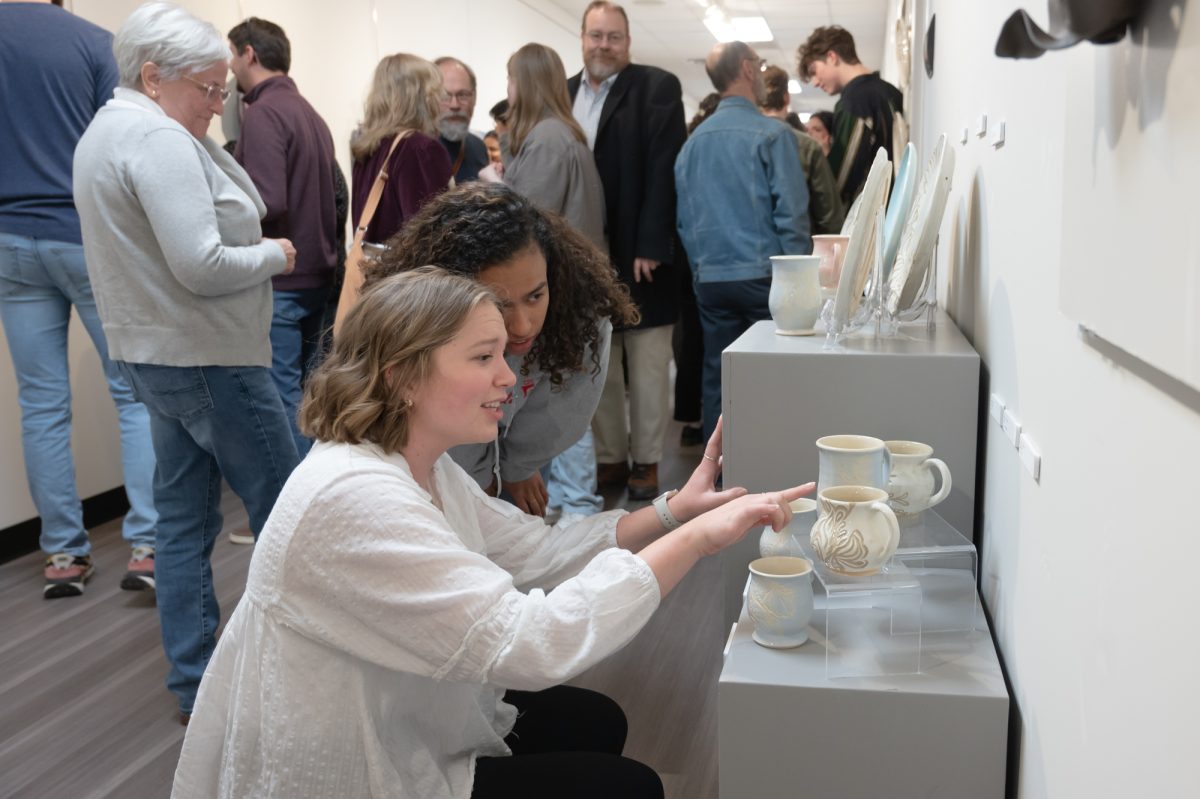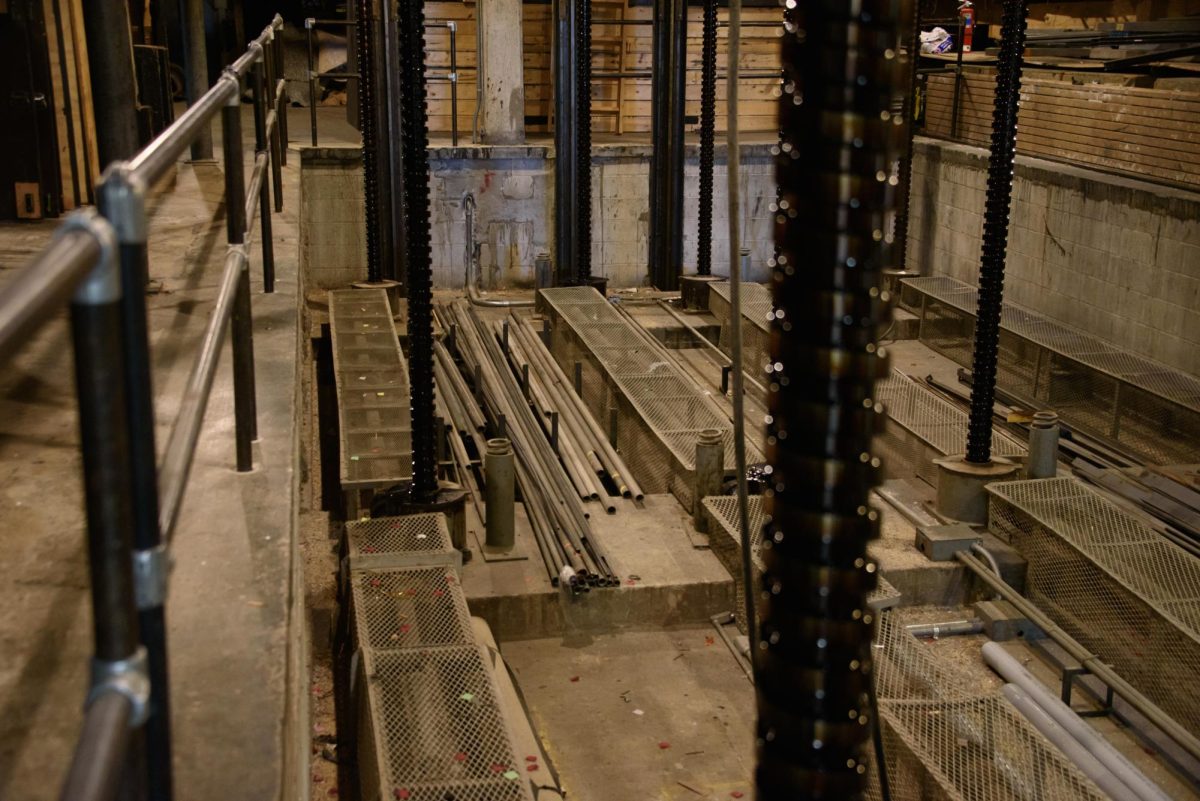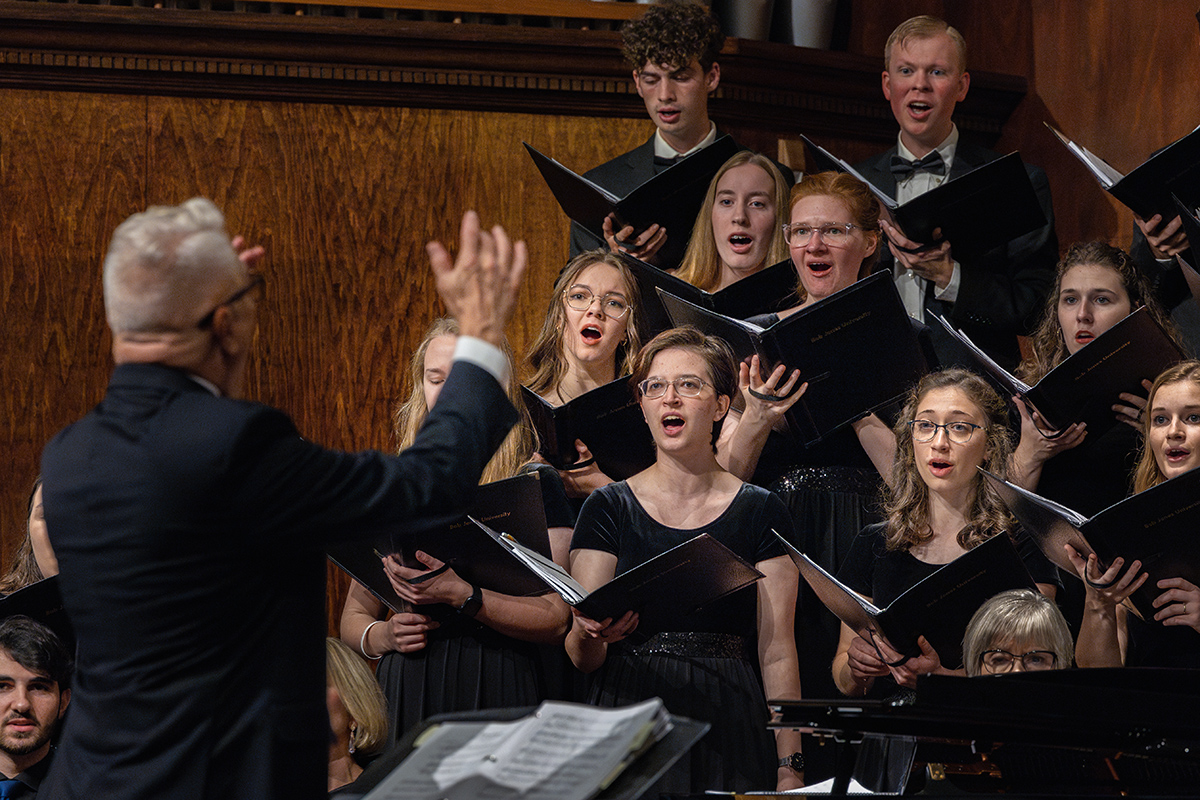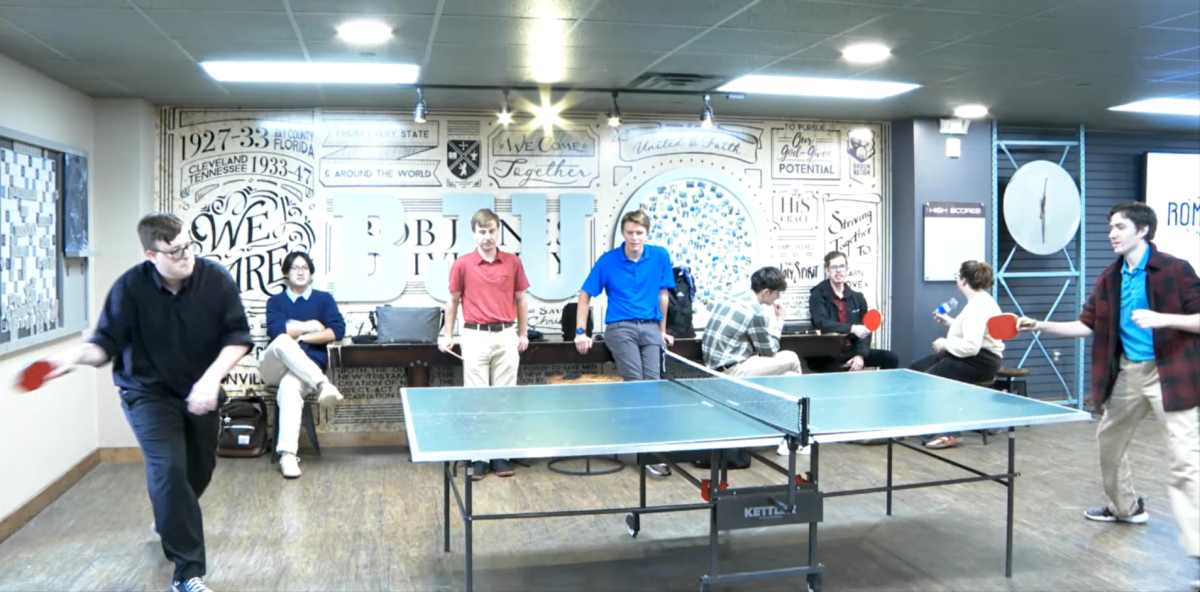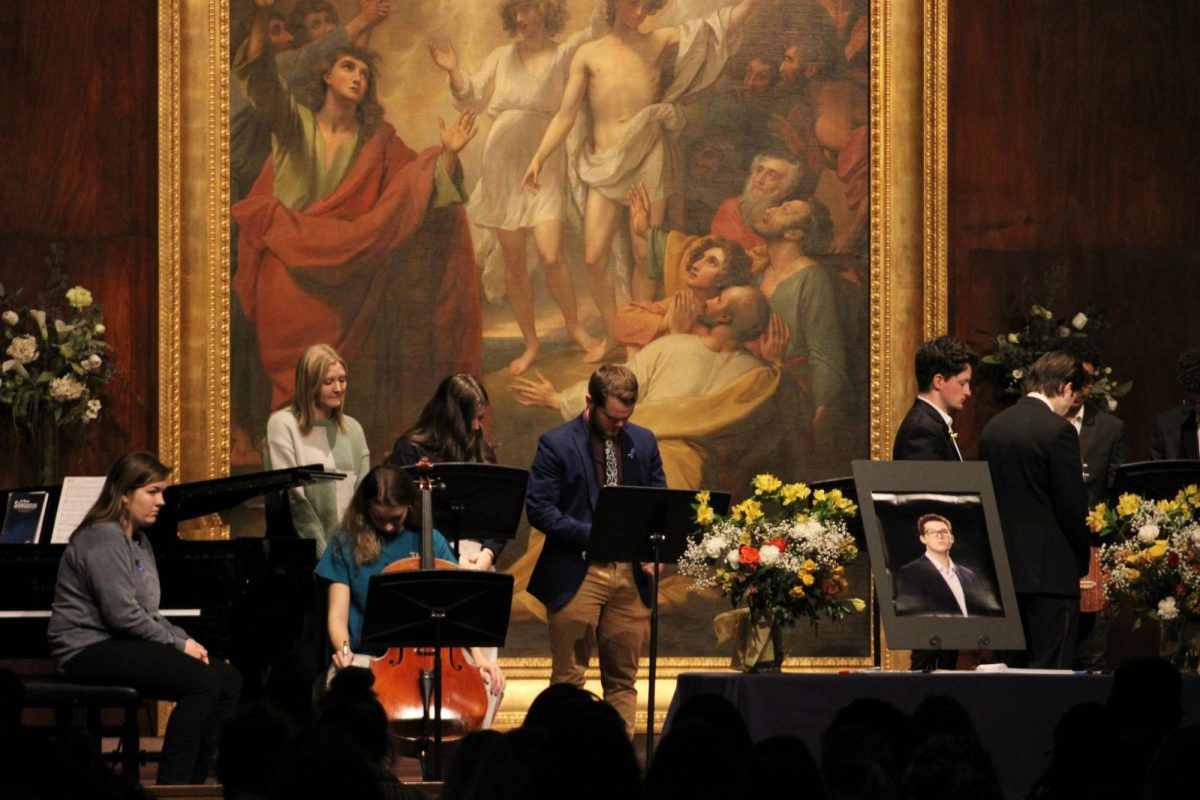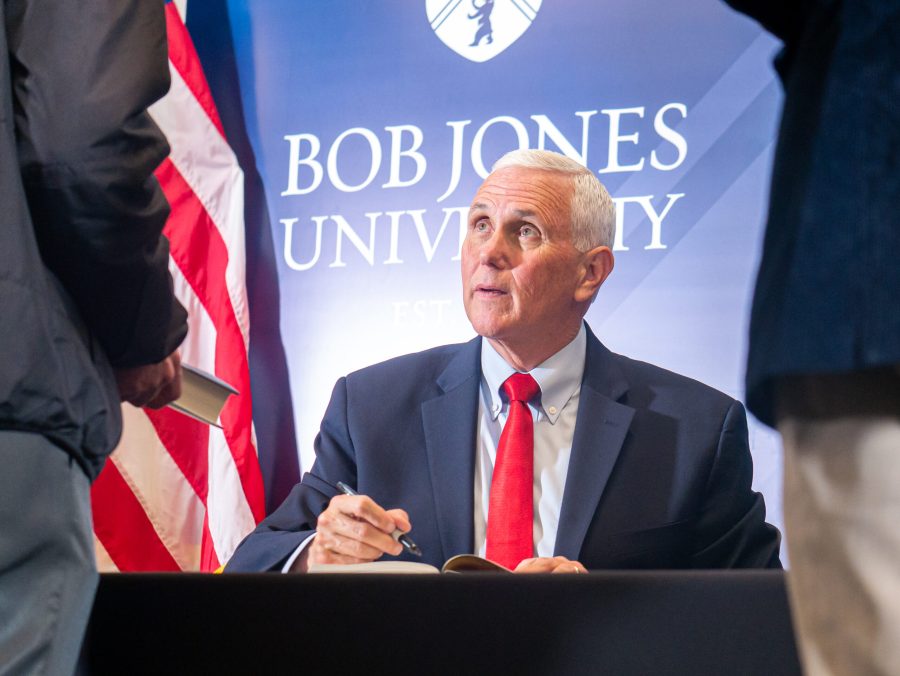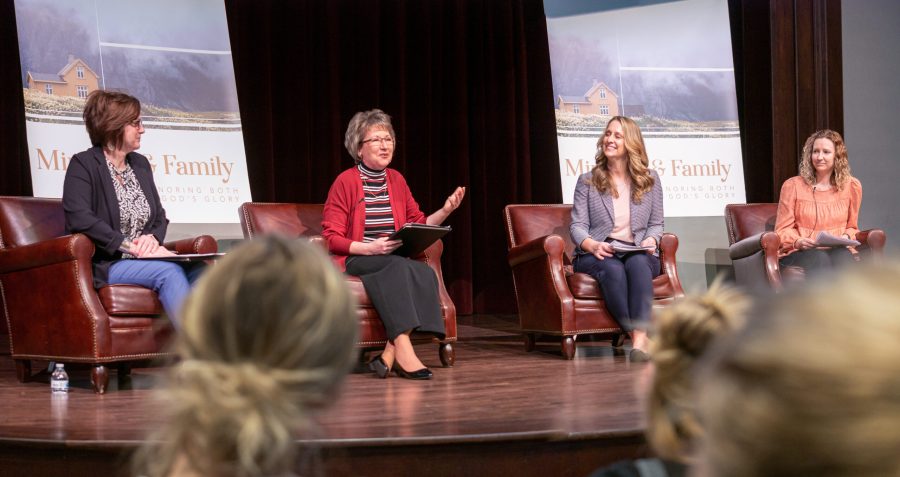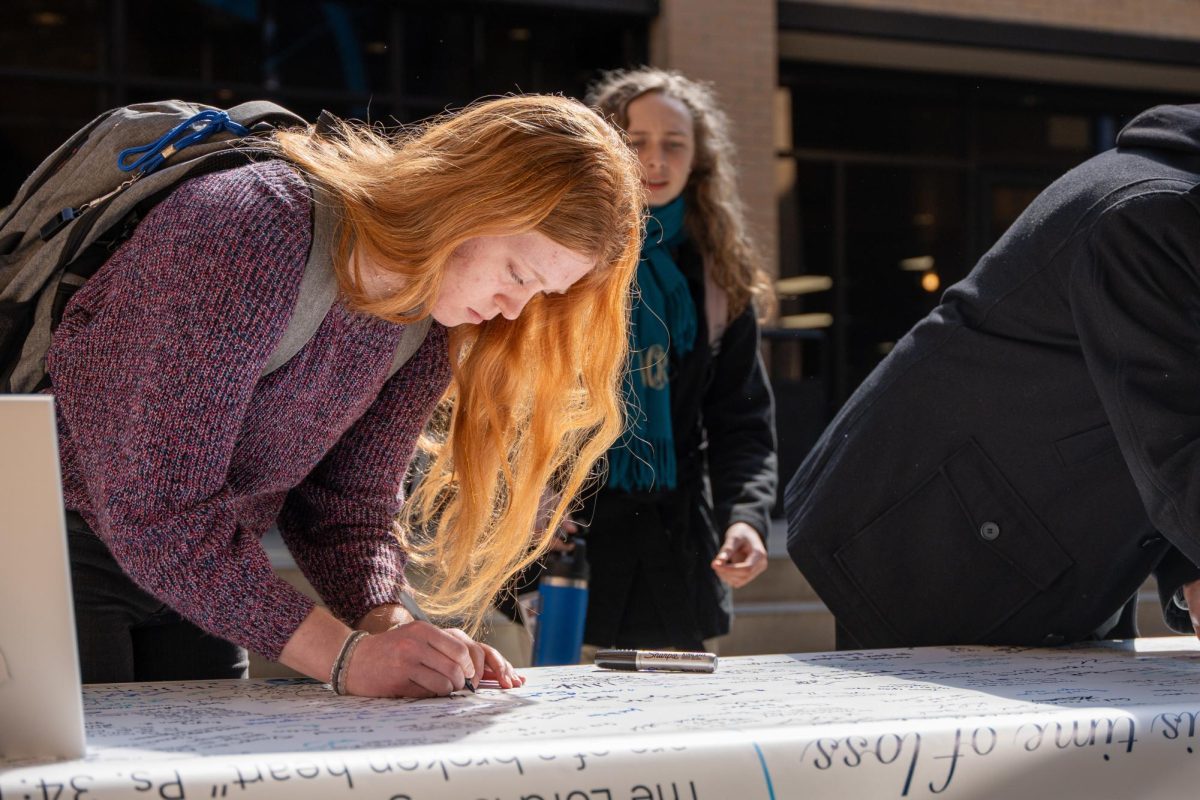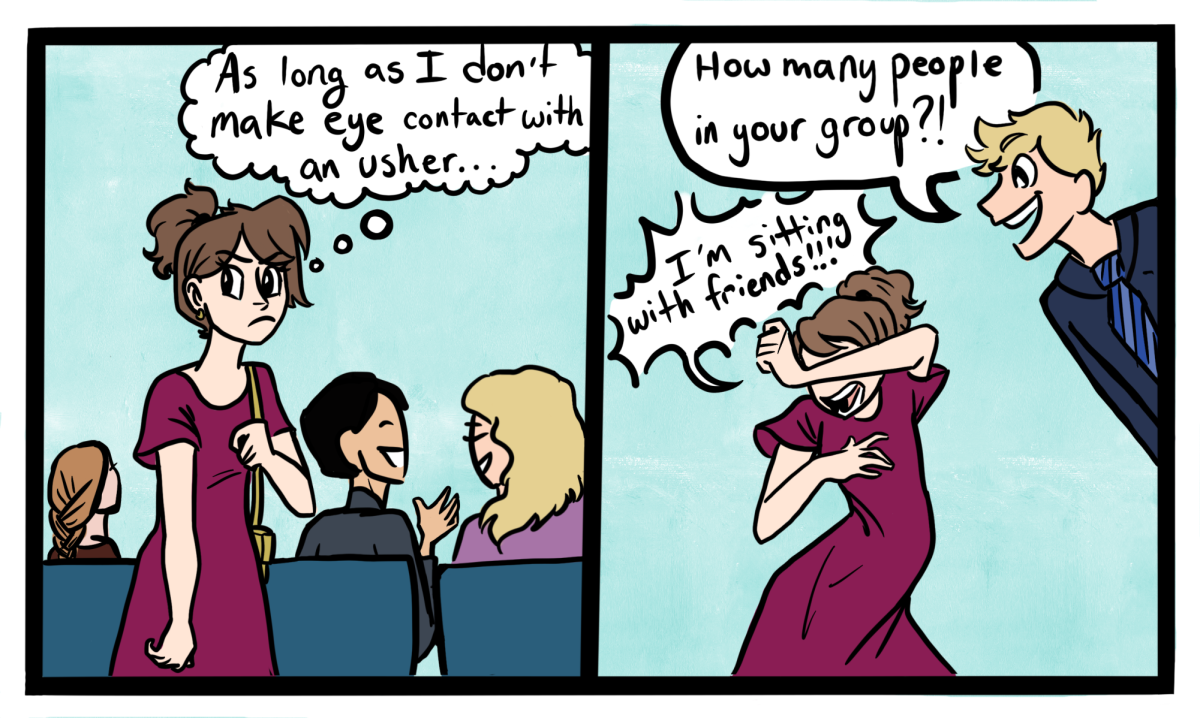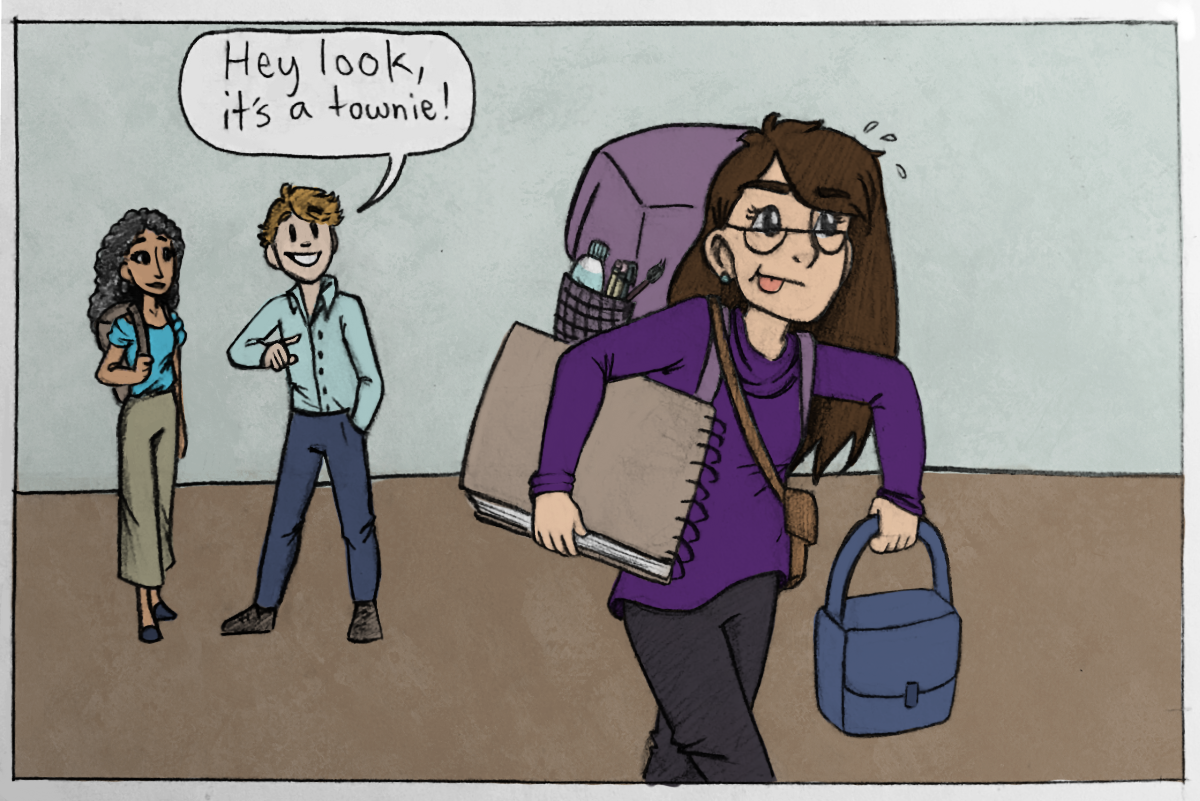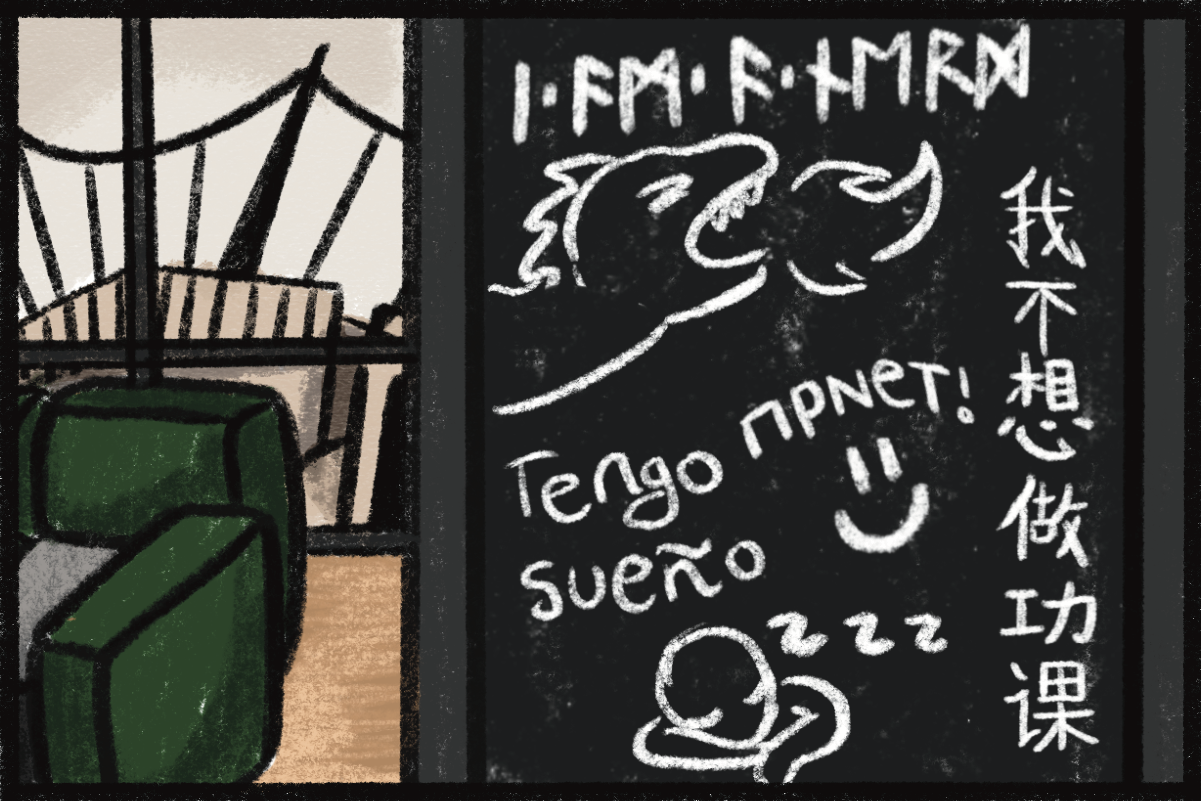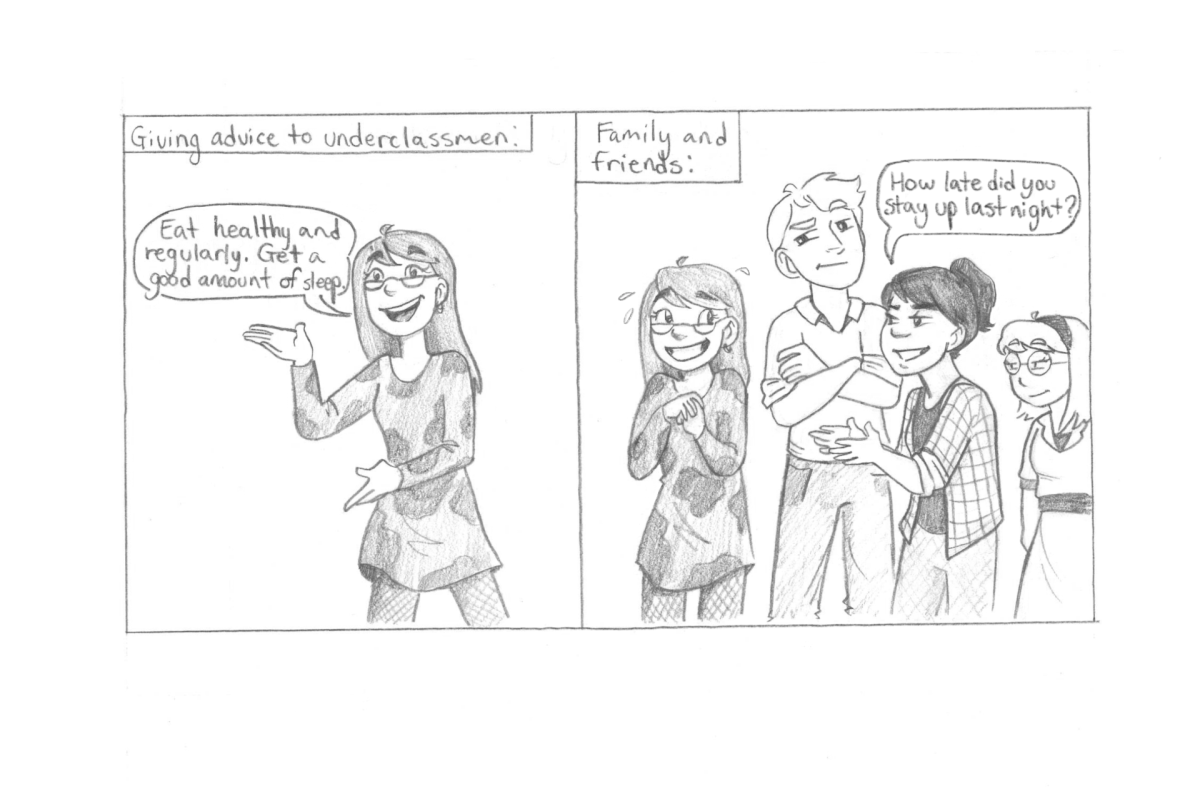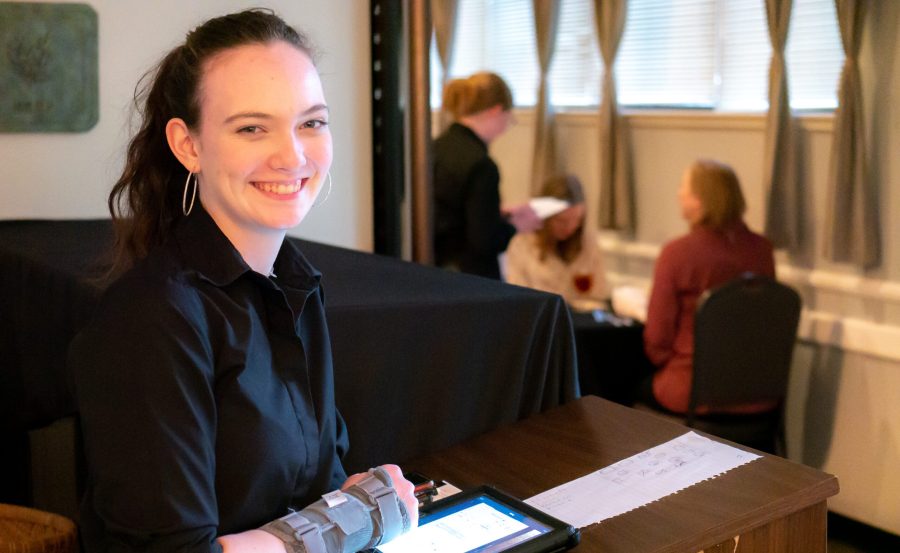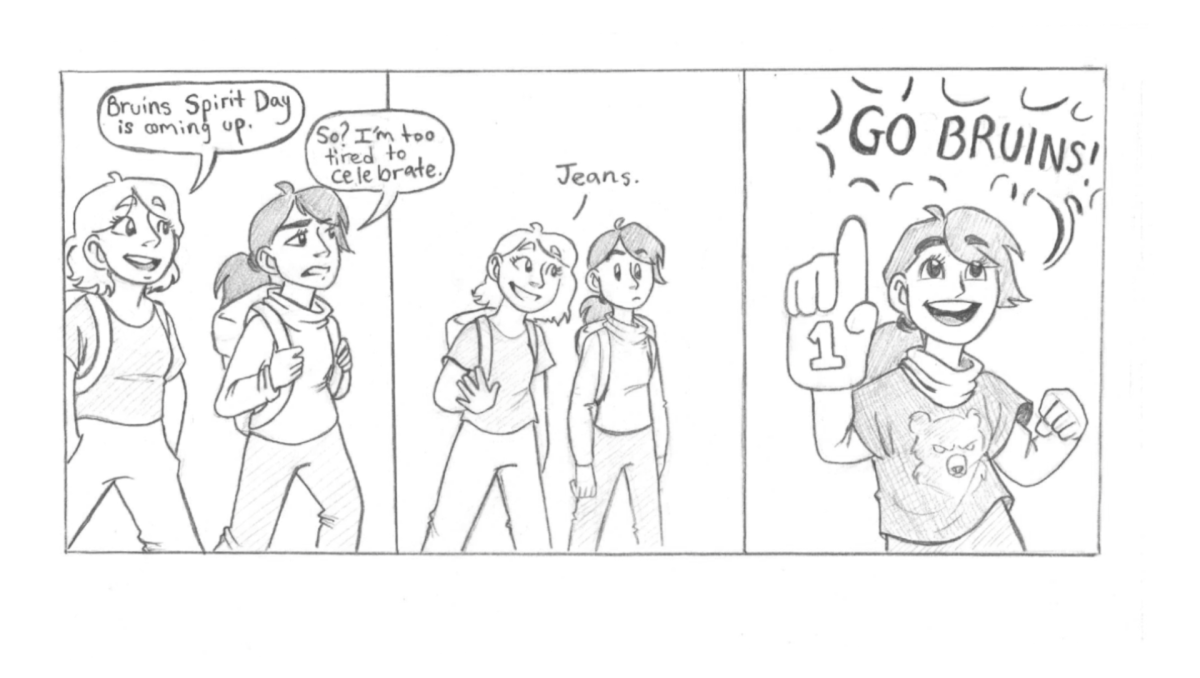Joseph Overton proposed a theory for policy change that bears his name: The Overton Window. The term may be unfamiliar, but in the recent political climate, the theory has seen a resurgence in popularity.
Essentially, what the Overton Window proposes is that, at any given time, there is a limited spectrum of opinion that is considered politically acceptable.
The Mackinac Center for Public Policy (where Overton worked as vice president) describes the Overton Window this way: “This ‘window’ of politically acceptable options is primarily defined not by what politicians prefer, but rather by what they believe they can support and still win re-election. In general, then, the window shifts to include different policy options not when ideas change among politicians, but when ideas change in the society that elects them.”
Imagine a square and the inside of the square are the individuals who hold what would be considered “politically acceptable” opinions.
On the fringes outside of the square on the right and left sides are the extreme opinions. Both extremes are trying to pull the window in their direction, thus pulling their opinions in the window and making them generally accepted by society.
The acceptance of homosexual marriage is a good example of the Overton Window in effect.
Not that many years ago, the idea of homosexual unions being legally recognized would have been an extreme opinion, outside the Overton Window.
But liberals, through a strong media presence and outspoken politicians, were able to drag the window in their direction.
Soon homosexual marriage entered societal acceptance for many, and this acceptance was confirmed by the recent Supreme Court decision.
The Overton Window moves much faster than it used to. In the past, society changed slowly and deliberately. For example, it took decades for the American population to decide slavery wrong. But in our times we’ve seen the window pulled very quickly—especially towards liberal agendas.
Issues like gay marriage and the legalization of marijuana have seen major changes, with fast, sweeping support. Technology has greatly increased the speed at which opinions are disseminated, thus creating an environment where opinions are indeed changing rapidly.
So how should Christians respond to living in a country where they increasingly find themselves on the outside of the Overton Window?
First, we shouldn’t fear being in the minority. The Bible is sometimes criticized for its comments on subjects like the treatment of women and slavery, when in reality, for the time period it was written in, the Bible took very polarizing positions on those subjects.
Jesus’ treatment of the woman at the well and the Apostle Paul’s statements about commonly-held beliefs and traditions would have certainly been outside the Overton Window for their time.
Ideas and popular opinion will ebb and flow with time, but Peter says in I Peter 1 “The grass withereth, and the flower thereof falleth away:But the word of the Lord endureth for ever.”
The idea of “being on the right side of history” gets thrown around a lot these days.
I would much rather stand with a Book that’s endured for thousands of years than with a hashtag that’s been trending on Twitter for a few months.
Second, as Christians, we can’t simply acknowledge that the Window is moving; we should do something about it.
Liberals aren’t the only ones trying to pull the Window lately.
At another end of the political spectrum, Donald Trump, a pseudo-conservative, is certainly doing his part to move the Window: many of his opinions wouldn’t fall into what most would generally consider as opinions accepted by the greater population.
Unfortunately, this is not the kind of movement of the Overton Window we as Christians want to see either.
In John 13:35 Christ said Christians would be known because of the love we have for one another, not for the political party we support.
In a country deeply divided on many issues, where the Overton Window is virtually being split in half by political camps trying to drag it towards their respective ideologies, Christians should take a different tactic.
Rather than being worried about passing on our political ideals, we should focus on pointing the country and our individual communities to Christ through our humility, supporting those in need and inspiring self-sacrifice.

